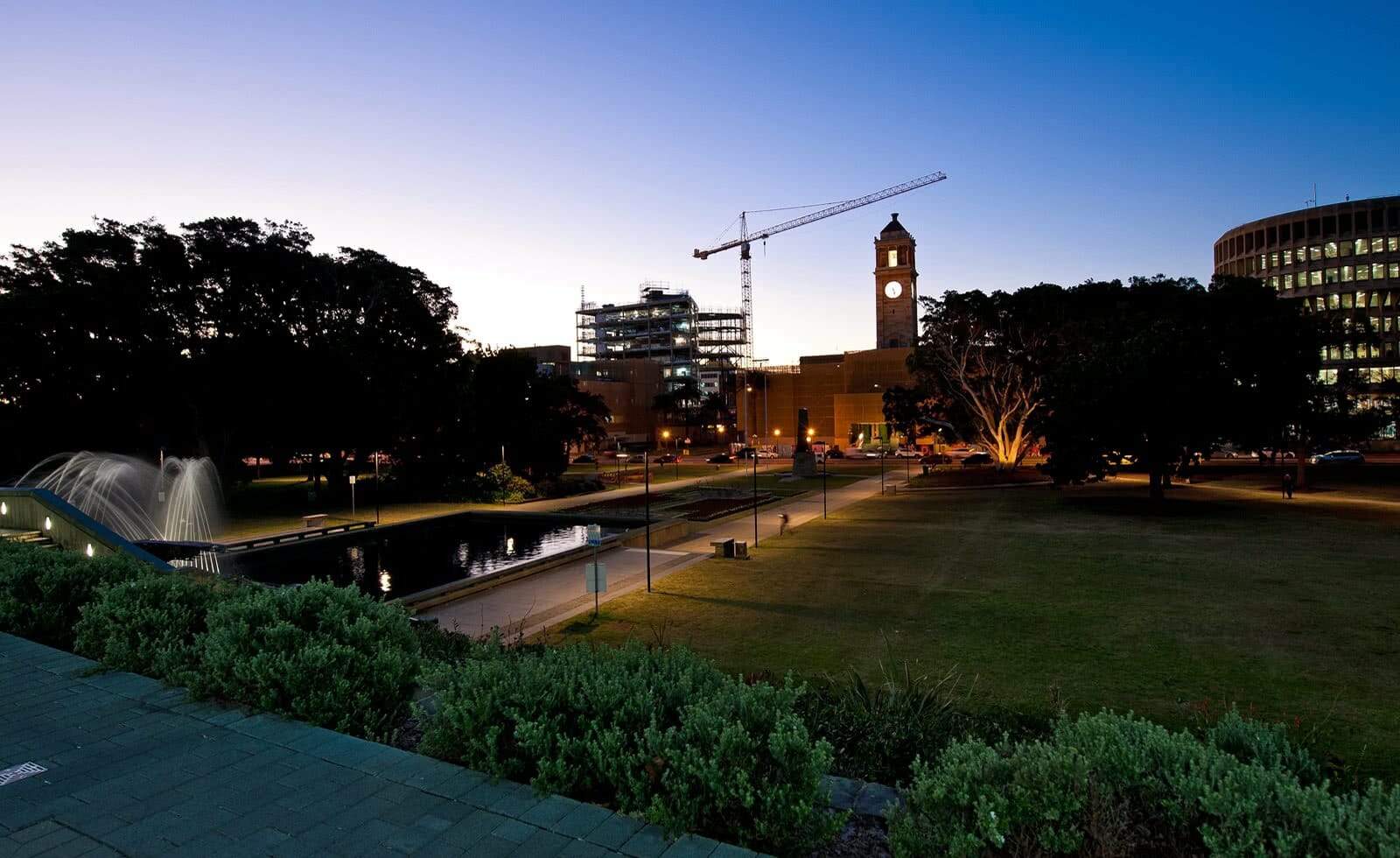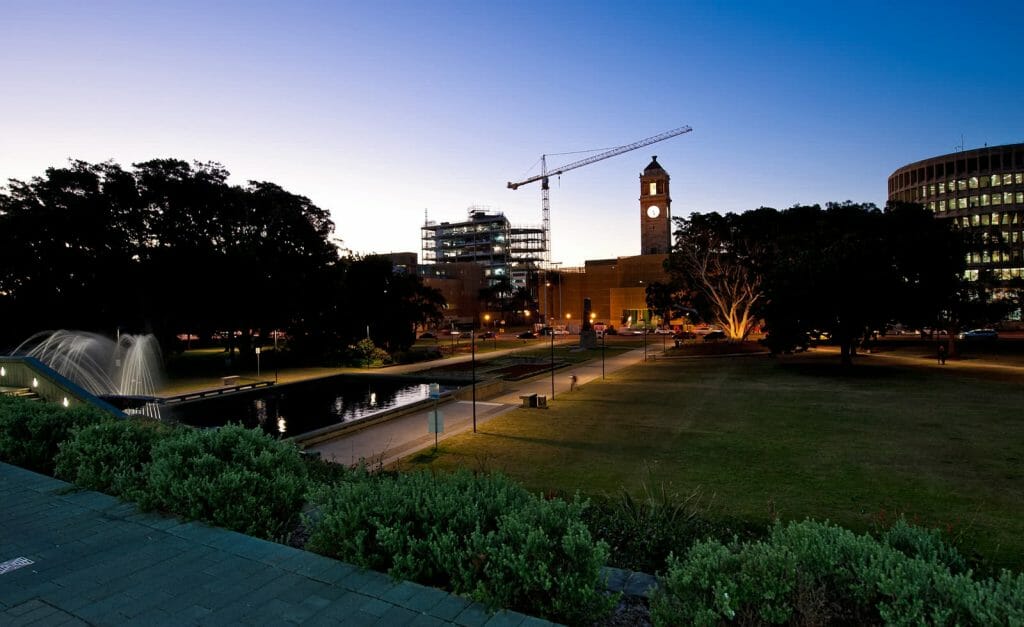If you’ve driven through Newcastle recently you would have been hard pressed not to notice the towering cranes across the skyline.
The CBD and inner city are in the midst of a development boom, with more than 30 residential projects, worth around $1.6 billion, either approved or in construction.
This equates to around 3000 apartments added to the city’s east and west ends by the time these projects are completed.
Lake Macquarie also has its share of developments, with numerous new apartment buildings being built or planned within a short distance of the waterfront.
While many of the apartments will be purchased by owner-occupiers looking to downsize or take advantage of the benefits of inner city living, a large proportion will also be snapped up by investors.

Contents
Get A Rental Property Appraisal
Maximise the potential of your property investment
APARTMENT INVESTING PROS AND CONS
People often ask whether these developments are a good option for investors. Like any investment, the answer depends on your individual circumstances.
With an abundance of glossy marketing brochures to help explain the benefits of buying off-the-plan (before the building has been constructed) it can seem like the ideal investment.
But there are some general points to consider.
- Buying into the development early will allow you to purchase at the current market value. By the time construction is completed the apartments may have risen in value – delivering you an instant capital gain. Problems arise however if the market falls or a glut of developments creates an oversupply of stock, which may flatten the value of your property.
- An off-the-plan purchase may allow you to customise the final look of your apartment when it comes to colour schemes and finishes. However, buying before construction is complete also creates uncertainty in terms of what the final product will look like, or what the quality of the fittings and fixtures will be.
- There is a low initial outlay when you are buying off-the-plan, with developers often asking for only a small deposit to secure the apartment. However, the lag time between when a development goes on sale and when construction is complete means your money can be tied up for several years without any return. In a worst-case scenario, market fluctuations can cause the property to be worth less than what you agreed to pay. This could make it harder for you to secure finance to complete your payment.
- Off the plan/new properties also require less money spent on maintenance and have better tax benefits through depreciation.
There are many more pros and cons to consider when it comes to buying off-the-plan and it can help to talk through these with someone who is not tied up in selling the development. Our Investment Services team can offer independent advice and information about the local rental market, which might assist you to sort through the issues and decide if it is the right investment for you.
This can include advice about the level of rent to charge once the apartment is ready to be leased. Some developers provide an indication of the rental return during the sales process – but this may not realistically reflect the current market, and is most unlikely to reflect the market possibly down the track, when construction is finally complete.
Appropriate rent levels are an important factor in lowering the initial vacancy period. As our Investment Services team points out:
“We have seen an owner of a new apartment aim for the highest dollar per week, rather than looking at the overall return, and as a result lost thousands of dollars waiting for tenants to pay the inflated price. Once they finally set a more realistic rent, the property was leased within a week on a 12-month lease to quality tenants. We can’t emphasise enough how crucial it is to get this right.”
Property investment management is not about achieving the highest dollar in a one-off transaction. It is ensuring we are minimising your risk and maximising your return over the course of the investment’s lifetime.
Key Takeaways
- Off-the-plan investments can lock in current market values, potentially leading to capital gains by completion. However, market downturns may reduce value.
- Customization options are available for early buyers, but final product uncertainties exist.
- Initial low outlays are required, but long investment return wait times and market risks are factors.
- Maintenance costs are lower for new properties, offering better depreciation tax benefits.
- Older apartments can compete by adding modern conveniences and maintaining aesthetics to appeal to tenants, despite the influx of new developments.
HOW DO EXISTING OWNERS OF OLDER APARTMENTS COMPETE?
The number of new developments has raised questions among another group of investors – existing owners of older-style apartments.
In an increasingly crowded apartment market, the need to stay relevant and be able to compete with new stock is essential.
A property that is desirable has the potential to achieve a stronger weekly return, attract quality tenants and reduce vacancy periods by leasing quicker initially and retaining longer tenancies.
Mod-cons, practical features and aesthetic appeal are important. These can include (but are not limited to):
- Air conditioning – is pretty much an essential item
- Dishwasher – this will help you compete with the new properties being built
- Storage / built-in wardrobes – very few people have their own wardrobes these days
- Fly screens – allowing you to open windows and doors without worrying about an invasion of insects
- Fresh paint and flooring – to lift the appearance of your property and make it feel like new again.
When we experience extreme weather, these features can make a big difference in the market. Properties without air conditioning sit vacant for much longer periods, with tenants opting for the added comfort.
One advantage of older apartments is that they are often in a smaller complex, which means less competition when tenants are looking for a home in that area. You can usually tell from the advertising blurb from developers whether they are pitching to owner occupiers or investors. If a high proportion of the properties in new developments are purchased by investors, this can create longer periods of vacancy post development because there are numerous options for tenants.
If want to have a chat about your investment options, give our team a call on 0499 042 392 or email [email protected].


